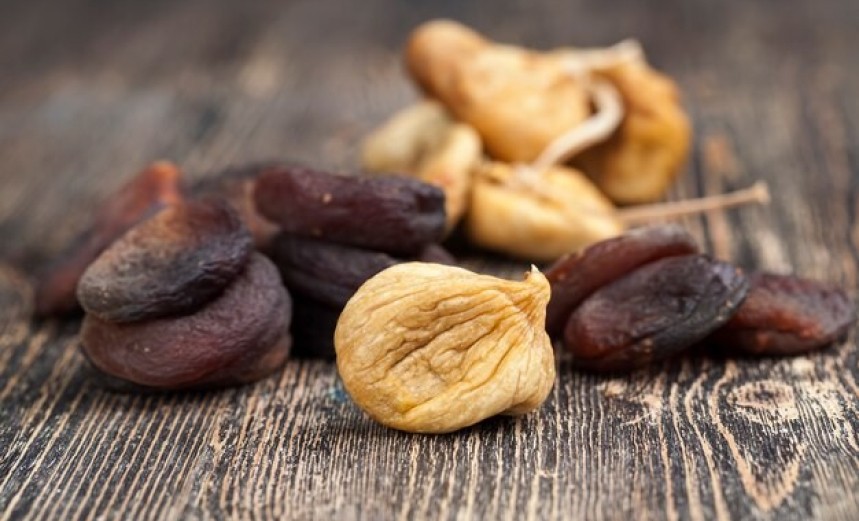Introduction
Regarding natural weight loss remedies, few options are as delicious and nutritious as dried figs. These small, sweet fruits have been popular for centuries, celebrated for their health benefits and versatility in various diets. As health trends continue to favor whole foods, dried figs have gained attention as a potential aid for weight loss. This blog explores the benefits, common misconceptions, and tips for incorporating dried figs into a balanced diet that supports weight management goals.
What Are Dried Figs?
Dried figs are simply fresh figs that have been dehydrated to remove water. This creates a sweeter, more concentrated fruit that is easy to store and incorporate into various meals. Dried figs provide several essential nutrients, including fiber, vitamins, and minerals.
Nutritional Profile of Dried Figs (Per 100g)
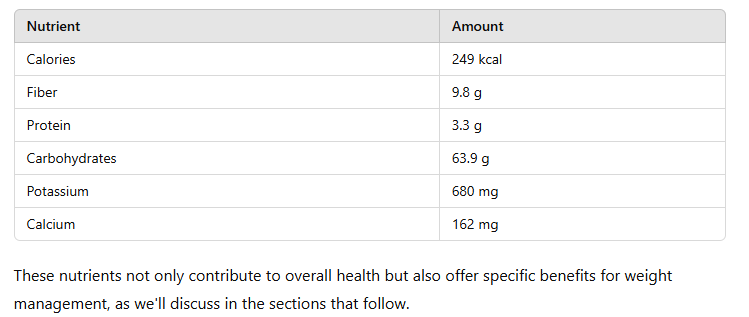
The Nutritional Benefits of Dried Figs for Weight Loss
Dried figs offer several nutrients that can support weight loss when eaten in moderation. Here’s how they benefit a weight-loss diet:
- High Fiber Content: The fiber in dried figs promotes feelings of fullness, reducing the temptation to snack on high-calorie foods. Dietary fiber also supports digestive health, an important aspect of any weight management plan.
- Natural Sweetness with Low Calories (Compared to Sweets): While dried figs contain natural sugars, they offer fewer calories than processed snacks, making them a satisfying choice for those with a sweet tooth.
- Rich in Essential Nutrients: The potassium, calcium, and magnesium in dried figs help maintain energy and muscle function, especially for those who exercise regularly as part of their weight-loss routine.
- Antioxidant Properties: Dried figs contain antioxidants that may support metabolic health, helping to neutralize free radicals in the body.
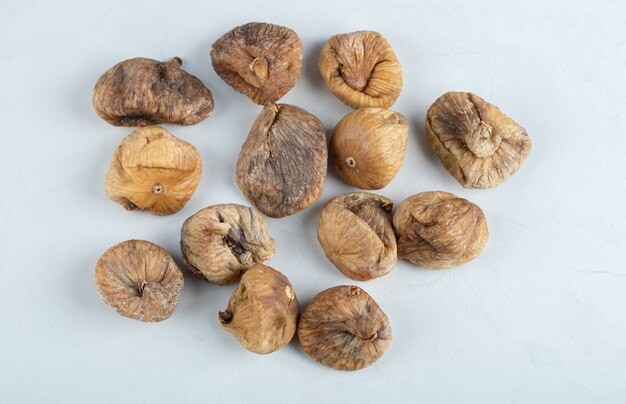
Nutrient Comparison of Dried Figs with Other Dried Fruits
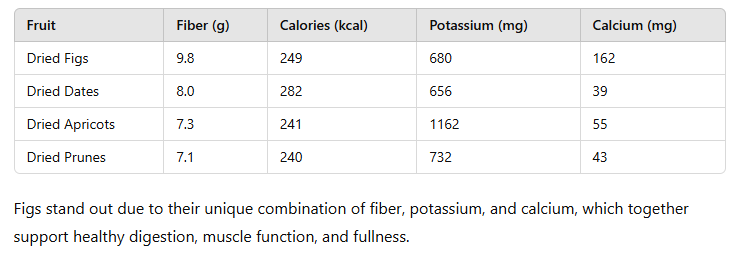
How Dried Figs Aid in Weight Loss
Satiety Factor
Dried figs’ high fiber content helps you feel full, which can reduce the urge to snack. This is particularly helpful for people aiming to cut calories and reduce impulsive eating.
Calorie-Conscious Snack
In moderation, dried figs are a relatively low-calorie snack that can provide a sweet treat without the processed sugars found in most sweets.
Digestive Health
Good digestion is crucial for weight loss, and the fiber in figs helps maintain regular bowel movements. This can prevent bloating and promote a more comfortable weight-loss experience.
Best Times to Eat Dried Figs for Weight Loss

Popular Myths About Dried Figs and Weight Loss
Myth 1: Dried Figs Cause Weight Gain
This myth exists because figs are naturally sweet. However, when eaten in moderation, dried figs provide only natural sugars and beneficial nutrients and fiber that promote satiety rather than weight gain.
Myth 2: Dried Figs Are Too High in Sugar
While dried figs contain natural sugars, they are not the same as added sugars in processed foods. The sugar in figs comes along with fiber and essential nutrients, making it less likely to spike blood sugar as quickly.
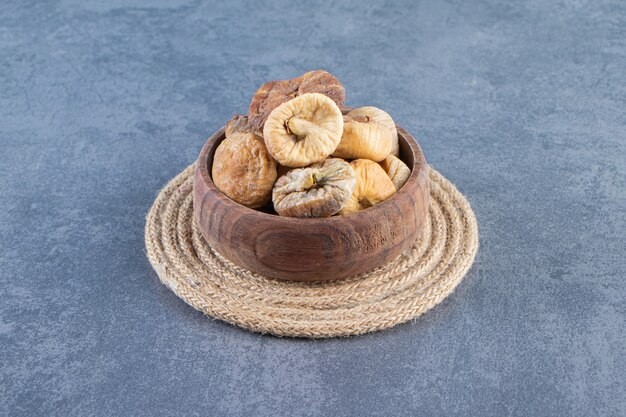
Myth 3: Unlimited Dried Figs Are Safe for Weight Loss
Portion control is essential, even with healthy snacks. Overeating dried figs may lead to an excess of calories. Hence, moderation is key for incorporating figs into a weight-loss plan.
Best Practices for Using Dried Figs in a Weight Loss Plan
Incorporating dried figs into a balanced diet requires some planning. Here are some best practices:
- Portion Control: Limit to 2-3 figs per serving, as they are calorie-dense.
- Pair with Protein: Pair dried figs with protein-rich foods like nuts or yogurt for a balanced snack.
- Avoid Eating Too Close to Meals: Figs can be filling, so eating them right before a meal may reduce your appetite for essential proteins and vegetables.
- Use as a Sugar Substitute: Using figs to replace sugar in recipes makes meals and snacks healthier.
Sample Meal Ideas with Dried Figs

Dried Figs vs. Fresh Figs for Weight Loss: What’s Better?
Both dried and fresh figs offer nutritional benefits, but they vary slightly in their contribution to weight management.
- Calorie Density: Dried figs are more calorie-dense due to dehydration, which removes water content. This means they should be eaten in smaller portions than fresh figs.
- Convenience: Dried figs are easy to store and can be taken on the go, making them more convenient for busy individuals.

Risks and Considerations When Eating Dried Figs for Weight Loss
While dried figs are beneficial, there are some considerations:
- Caloric Density: Dried figs contain more calories per gram than fresh figs, so portion control is essential.
- Natural Sugars: Though these sugars are natural, they can still impact blood sugar levels, especially for individuals with diabetes.
- Possible Allergies: Some people may experience digestive sensitivity to dried figs, especially if they are sulfur-treated for preservation.
Certainly! Here’s the updated interview section with the special lines in bold:

Expert Insights: Nutritionist Shares on the Benefits of Dried Figs for Weight Loss
To provide further insight into how dried figs support weight management, we spoke with registered nutritionist Sarah Collins, a wellness expert based in the UK who specializes in whole-food diets. According to Sarah, the benefits of dried figs extend beyond just curbing hunger pangs.
“Dried figs are not only a sweet, satisfying snack but also a powerful source of fiber, which can help you feel full longer and manage cravings naturally,” she explains.
Sarah emphasizes the importance of portion control, adding, “When eaten in the right amounts, dried figs can be a wonderful addition to a weight-loss plan due to their nutrient density and natural sweetness. They can satisfy sugar cravings without the spike in blood sugar that often accompanies refined sugars.”
Who Should Limit Dried Fig Intake?

Creative Ways to Incorporate Dried Figs into Your Diet
Looking to make dried figs a part of your weight-loss journey? Try these easy-to-make recipes:
- Fig and Greek Yogurt Bowl: Top Greek yogurt with diced figs and a sprinkle of chia seeds for a high-protein breakfast.
- Fig and Nut Energy Bites: Blend figs with nuts and oats to create no-bake energy bites.
- Fig Smoothie: Add a few figs to your morning smoothie for sweetness and fiber.

Conclusion
Dried figs are a nutritious, fiber-rich food that can aid in weight loss when eaten in moderation. With a balanced diet, portion control, and an active lifestyle, dried figs can be a satisfying addition to a weight-loss plan. Remember to enjoy them in moderation, as part of a well-rounded diet, for the best results.
FAQs
Yes, in moderation. Eating 2-3 figs daily as a snack can aid in satiety.
About 2-3 dried figs per serving provide fiber without excessive calories.
Both have benefits. Fresh figs have fewer calories, while dried figs offer convenient, nutrient-dense servings.
Eating them in the morning or after a workout benefits energy and metabolism.


